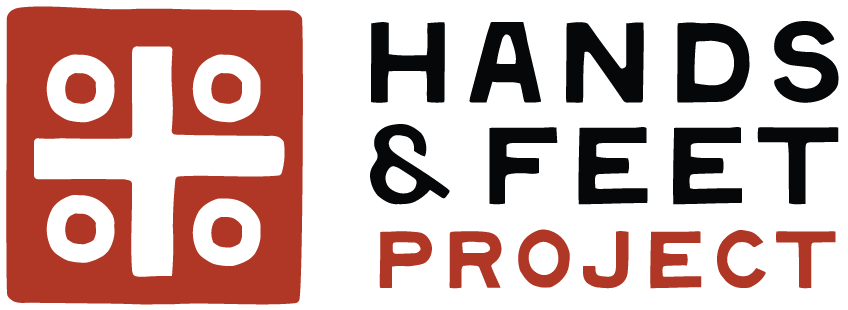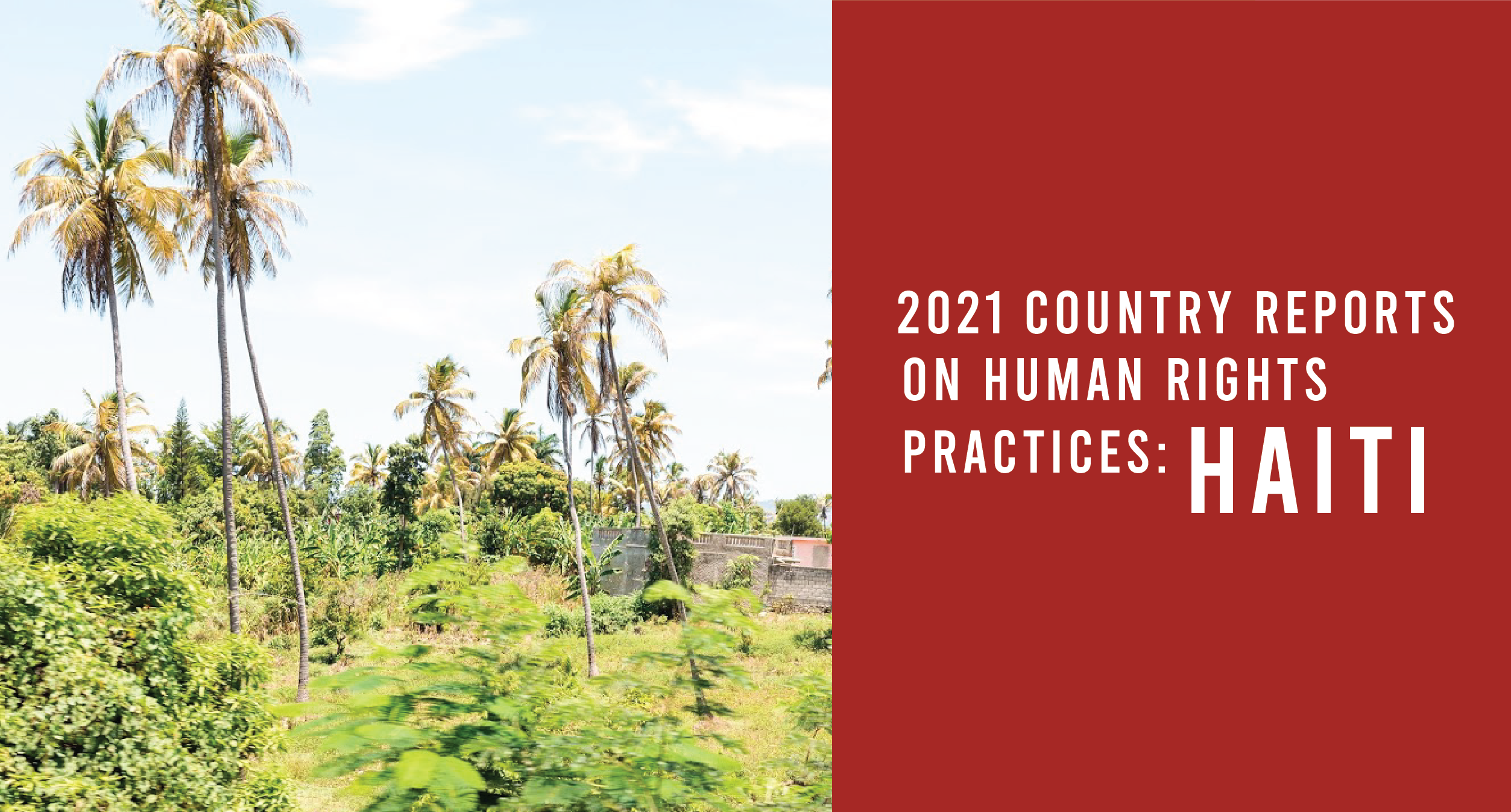The U.S. Department of State recently published its newest report on human rights practices in Haiti. We would like to share an update and thank you for your prayers and partnership in our work as we operate and serve in the country of Haiti.
- Institutionalized Children
The Ministry of Social Affairs and Labor’s Institute of Social Welfare and Research (IBESR) is the entity responsible for monitoring and accrediting Haiti’s residential children’s homes and care centers. Only 98 of 754 operating facilities are licensed by the government.
- Image-bearers with disabilities
Haitians who have mental, developmental, and physical disabilities face many challenges. They must confront social stigma, exclusion, and discrimination. Here is an example: Many times, families will leave a loved one with a disability alone at home while they are at work, school, church , or running errands. Unfortunately, government offices, churches, and even schools do not regularly provide services to support families with this need.
- School for Haitians with special needs
There are an estimated 120,000 children with disabilities in Port-au-Prince alone, according to the Ministry of Social Affairs and Work. Only 3.5%of those children attended school. The percentage is a drastic difference compared to 57%of children attending school who are among the general population. There is less access to secondary education and only a few specialized schools, all of which are located in the West Department.
- Medical services for Haitians with disabilities
According to some disability rights activists, inadequate social services exist for people who have disabilities. Vulnerable Haitians have had many barriers to accessing and receiving quality medical care. Hospitals and clinics in Port-au-Prince often refuse to treat Haitians who have a disability.
- Indentured domestic servitude
The most recent study (2015) by the Ministry of Social Affairs and Labor estimated 286,000 children worked in indentured domestic servitude (another form of trafficking) called “restavek.” According to an NGO that specializes in child labor, 300,000, or 1 in 15 children, were caught in the restavek system. Exploitation included working excessive hours with physical labor, being denied access to education, receiving unfair wages and inadequate amounts of food, and experiencing physical and sexual abuse.
Although there were funds allocated to help IBESR gain new administrative space and hire more staff, IBESR did not have the programs and legislation required to address and erase the worst forms of child labor. IBESR director general reported that fighting child trafficking, including the restavek system, remains a priority.
It is tough to read through the details of the report. There is a great need, but we are not alone in our work. We trust God to provide, and we see his faithfulness through people, partnerships, and prayers. We are honored to work alongside our Haitian brothers and sisters who want to see a better future for this beautiful country.

